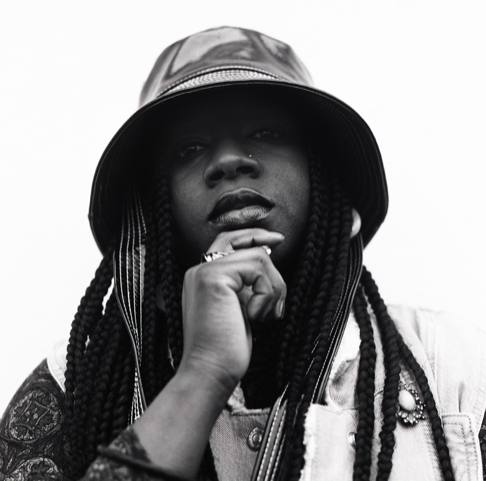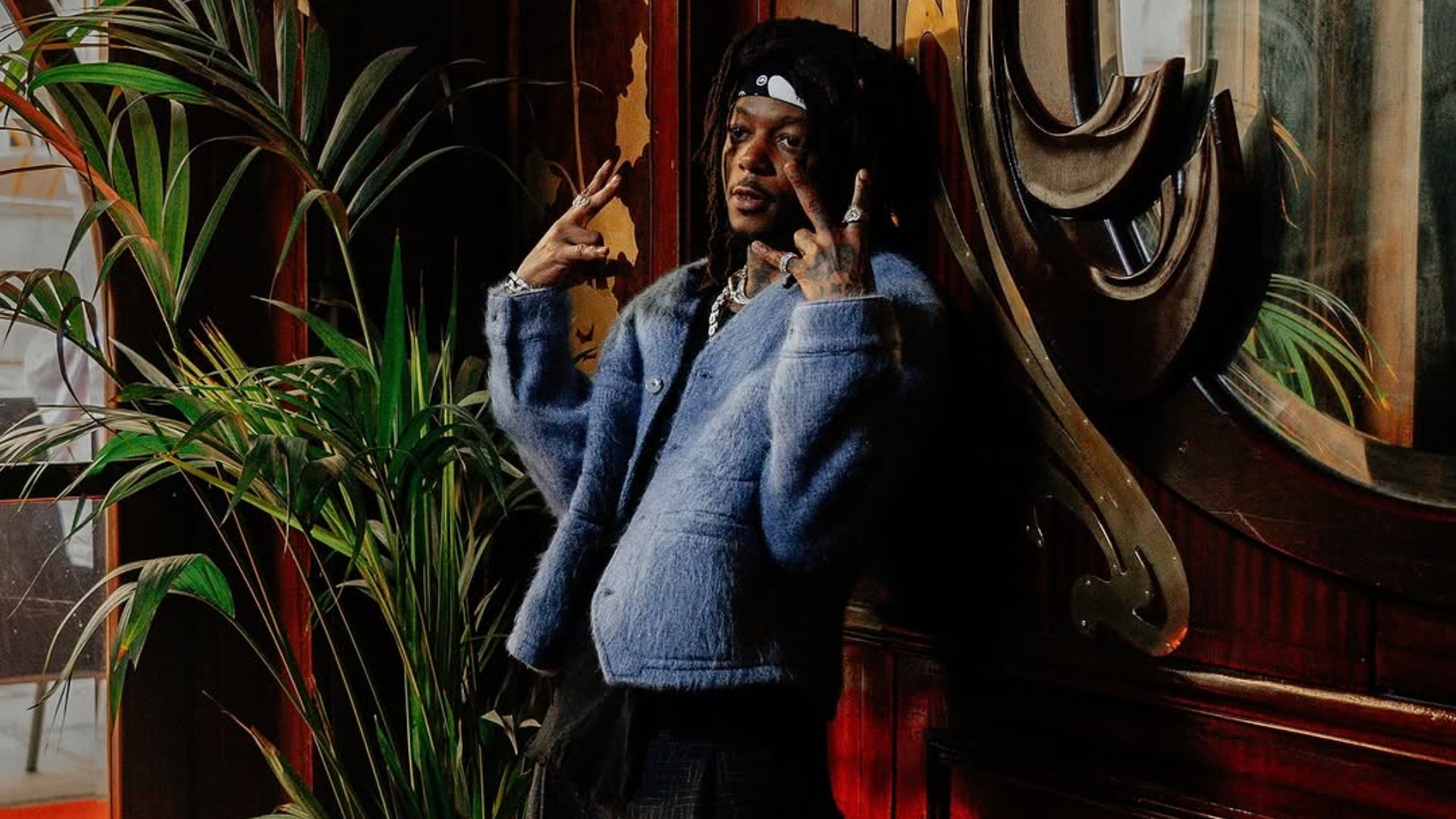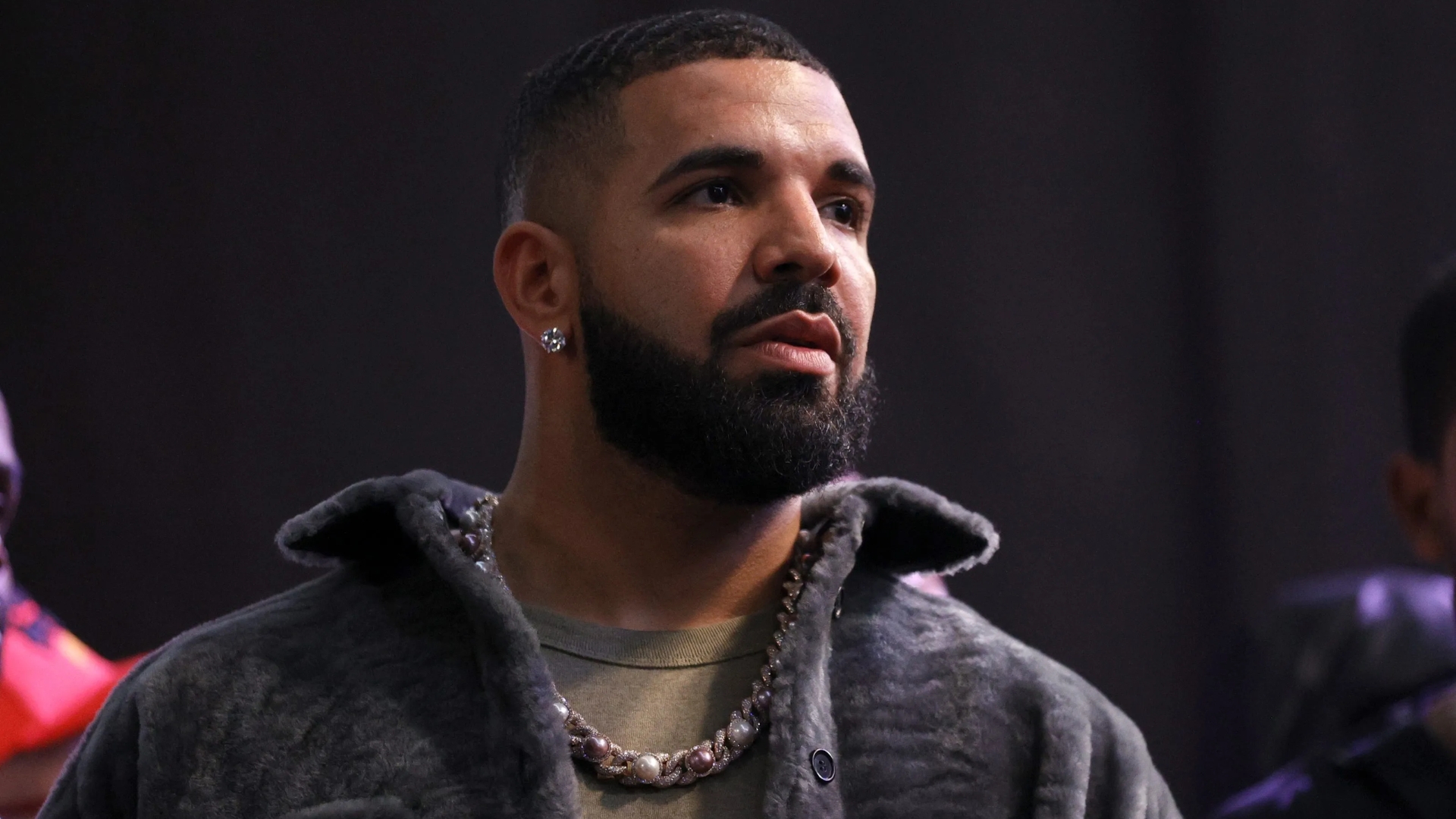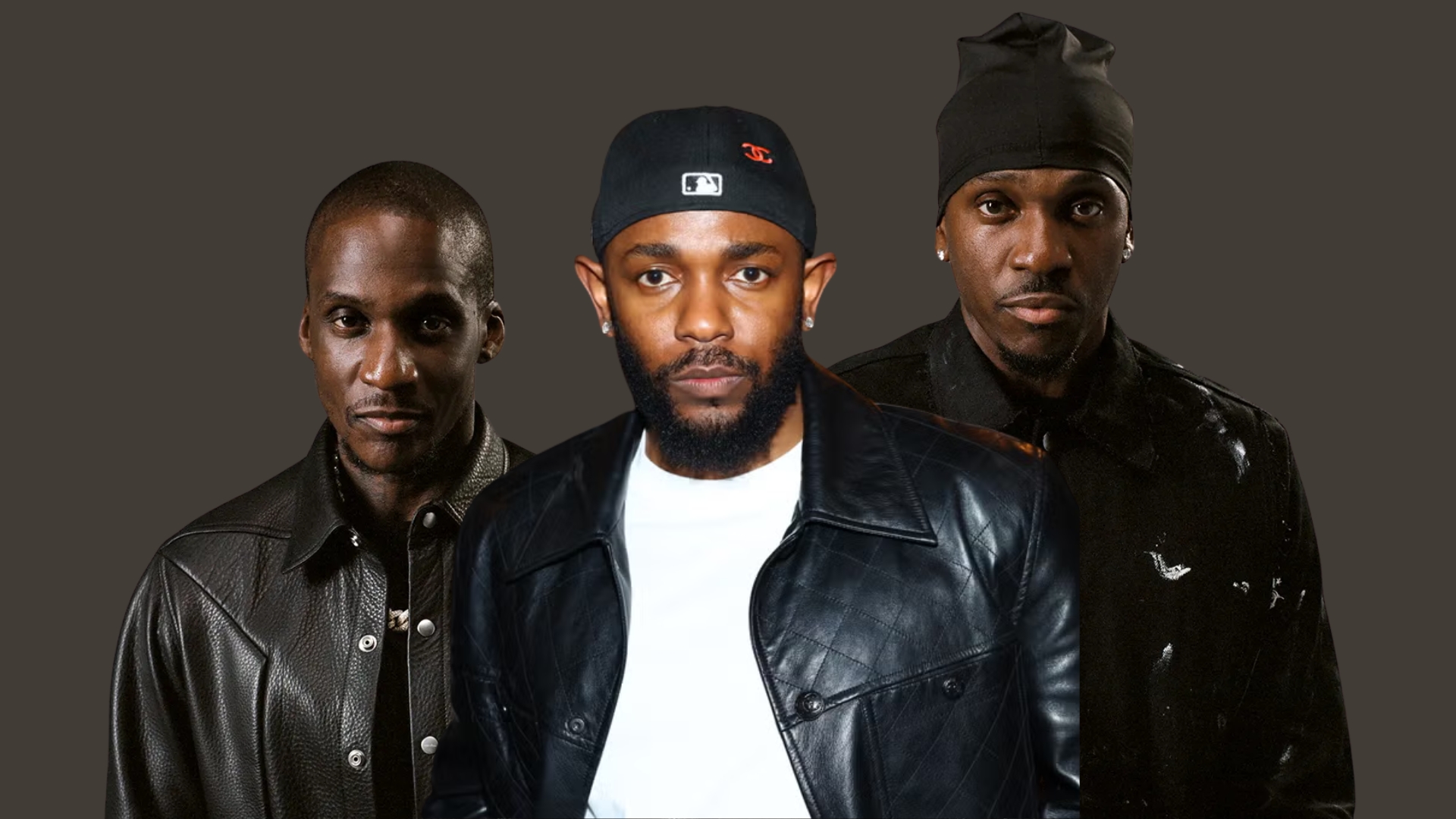The use of expressions, when you dwell upon them in the cold light of day, can be rather odd. One which I find particularly baffling is the idea of having ‘fingers in a lot of pies’. It’s an unappealing image and makes you question why you would want to stick your finger in one; are these pies hot, or full of some meaty or fruity filling? Nevertheless, if an expression is going to define the work of Isatta Sheriff – East London’s rapper, producer, educator, entrepreneur and most things in between – it’s that she has got a hell of a lot of fingers in a hell of a lot of pies.
The achievements and endeavours of Isatta are simply boundless. A label owner, a masters level knowledge of music business, a consultant and an ex teacher, as well as a refined songwriter and budding beatmaker, Isatta is the apotheosis of multifaceted, the essence of diligence. As someone who interviews vast scores of artists, it was incredibly refreshing to find someone approaching our conversation in a different light. Isatta never pushed her agenda, instead informing and aiding my understanding of her, and many others, struggles and successes. Her resilience, talent and charisma is unmatchable, and her music isn’t half bad either.
Sheriff has recently unveiled her immensely anticipated EP Eat The Kiwi Skin, a joint effort with renowned Italian beat maker and friend Koralle. It’s a project that oozes acumen; Koralle’s buttery beats guide Isatta’s seamless flow that sizzles and slides, depicting powerful but playful narratives that explore topics both light and troublesome, whilst features from the likes of Lex Amor and Mercy’s Cartel provide added layers of colour and character. It’s dense and creamy, a patient collection of cuts that question and philosophise, always looking for the right answer.
I spoke to Isatta about the sublime new tape, her evolving sound, the adversities she has faced and overcame, and her hypothesis on the music industry.
Who and what is influencing you?
I’m listening to a lot of the Homeboy Sandman’s and the whole kind of lo-fi rap scene, like Denzel Curry, and Saba. I’m mainly the soulful side of hip hop, but also, I grew up in East London, so for me the harder edge is a lot more of what I’m into as well. I went to school with Roll Deep crew, so I’m very into UK garage, grime influenced, but all of us listened to Hip Hop, it’s just some of us did hip hop and some of us did grime. Naturally my first station was pirate radio Mission FM, so that was grime, that was garage, so I spit on grime, but you won’t hear me recording on grime too much.
Why is that? Do you think your voice is just better suited for a hip hop sound, or did you just prefer that?
I think for me it’s about having a bit of fun in your life, because music is all social and cultural. I’m the youngest of seven and my elder siblings were really into R&B and hip hop. I think that probably influenced where I wanted to take what I did, so when I was in the youth club I did garage, and when I was with my friends even I’d jump on grime, but as time went by I liked what I did on hip hop, maybe it was more ingrained in me from my siblings. My natural flow is nothing like on this EP, my natural flow is double time, jungle and grimey, so I actually had to work to slow down for people to hear my lyrics. Also what may have influenced it is the producers that have approached me. You end up doing what people around you are doing, and you find that, as much as people don’t want to admit it, a lot of the people making music from my ends don’t really want a girl to be on their tunes, unless you’re bigger than them, unless you’re dynamite, do you know what I mean? I will say, it’s not just because I chose it but it’s the social, economical, and sort of environment of music that is dictated where I’ve reared to.
Do you feel like at times you’ve had to cater your sound because of gender barriers?
Oh yeah, for sure, 100 percent. I wouldn’t even flinch at that, and it’s not that I haven’t enjoyed what I’ve done, but I’m definitely still working towards musical freedom. I make beats as well, but I had to make beats. And I’m still not really at the stage where I want to be pushing stuff with the beats that I make, because whilst I’ve mastered being an MC, I wouldn’t say I’ve mastered beat making, and I’m around a lot of really good beat makers. But I’m working towards all the sounds that I wanted to put together but of course I started a bit later on doing it, people weren’t really taking me seriously, and you’re kind of fighting against the whole gender thing as well. People trying to tell you what to do when you already know what to do. What I say in my lyrics is very real, I feel it a lot, it’s not just something to talk about, and actually I’ve held back quite a lot, because I think there’s certain things that need to be said on music that I’ve heard in my head.
Do you think you found your sound? You’ve not been able to explore it fully because of catering, so do you think you’ve found the essence of you?
I’ve found my sound, but nobody’s really heard it. This project, ‘Eat The Kiwi Skin’, with Koralle, is what me and him sound like together, obviously this project wouldn’t sound like how it sounds without me, but also I wouldn’t sound how I sound on it without Koralle, so it’s definitely a merger of both our styles. I love the 90s throwback sound on this EP, I can do that, but my natural flow comes from a jungle/grime background, and I know hip hop because I listen to hip hop a lot, growing up as a child, but my sound is definitely more of an amalgamation and there’s more of the jungle/grime essence lyrically to come out. I think I’m somewhere in the middle between Hip Hop and my East London bag.
What I love about this project, ‘Eat The Kiwi Skin’, is that it allowed me to lay back and have fun with it, like serious subjects but just giving the surface, not too serious. Koralle really gets the swing of hip hop, which I really enjoy, his beats, he’s sonically incredible, I don’t know what it is but there’s something about his music that really speaks to my soul. I meet a lot of producers who want to work, and I don’t do loads of work actually because I do other things, so if I’m gonna sit down and do music then I need to really feel it. People send me music all the time, which is why even on ‘Will They Try’ I say ‘my tolerance is low beware, if you’re jumping in my inbox, better show me that you care’. I’ve got to a point where I don’t have to make music all the time, I love music, so I always will make it, but if I do it I need to really love the music and need to really respect where I’m coming from as a black woman and as a black musician, because I’ve found that we can get used a lot, and it’s starting to be talked about. So if I’m gonna do music, you gotta come correct, and with Koralle, I listened to his work and thought ‘right, I’m going to pick up the pen and write something’, and that’s developed into our EP. If you listen to his stuff, it doesn’t sound like this, and if you listen to my stuff it doesn’t sound like this.
You’re such an industry chameleon, how do you juggle so many different sectors?
It comes from that DIY nature. Everyone I know is doing something, or did something in music. We’d all be in the youth club watching Wiley and Major Ace and wanted to be like them, so everyone I know has got that DIY nature, and we’ve all done it in our own way. I think being a woman means that what I have done has been less recognised, and I’ve had more barriers. So, I didn’t start doing all this stuff but it’s sort of a progression of things over the years. I compartmentalise as well, and a lot of the things that I did were out of necessity to earn a living in something I enjoy doing. So, I set up Doctored Sound because I was teaching, obviously because I needed a job whilst I was doing music, and that developed through doing music and workshops, and doing teacher training so I could be paid properly, then within education you see the gaps, and knowing how I could assist in that as somebody who’s an artist but now has got all of these skills in administration and managing, so I put that into Doctored Sound for consultancy, and as an incubator label, and the whole point of having an incubator label is building up artists who are like myself. I did a masters because I’m really passionate about this and my thesis was on women in Hip Hop, and part of that is to look at the problems and look at ways that it can be made better, so I basically set up a company alongside doing the masters. There was deep research into what my aims were, and my mission statement, and what I feel like I can bring to the industry.
I don’t think you need to do all that but I thought I’d have the discipline to sit down and do it. I would not have done the amount of research that I did if I didn’t have an assignment to hand in, but that serves me, it serves what I do lyrically, it serves what I do as a company, and it serves what I bring to other companies as a consultant, so I do all these things because they were necessary. Not because I loved making music and loved being a black woman, I hate being mistreated so I was passionate about how I could contribute to the industry in a way that was effective, being talented is one thing, but then that is all we’re expected to be, so I need to bump past that glass ceiling and come at it from other angles as well. It’s a bit of a tricky thing because people in academia don’t really know like ‘is she an MC or academic’, and people in music are like ‘is she music or academic’, it’s like, I can be what I want to be. It’s time for me to say what I want. When you start reading and researching, the way that women are treated in music is an ongoing thing, particularly black women. This is historic, it’s all there plain to see, and maybe it needs a voice to communicate it in a way that is palatable to the hip hop audience, so it might be skimming the surface but it’s got all the ingredients of a lot of the research I did. I wanted to bring those messages because I feel like the same questions are being asked, but there are answers.
How do you feel about the way the music industry is run?
I think it needs reform, big reform, I think it’s very set in its ways, and it’s comfortable for a lot of people but the fact is that it’s institutionally racist, and that’s the bottom line. Even if people individually are not racist, or are black themselves – there are some great people I know that are within that system but there is so much reform needed. You need to know what the problems are first to address them, but for me there is a lot of work that isn’t being done to really diagnose a problem, cause you’ve got black lives in music, and you’ve got some people doing things within the industry and there’s some reports etc getting done but it’s not just about race, it’s about gender as well, there’s a lot of misogyny in the music industry. The reason I’m so passionate about what I do is because there’s still barriers. The music industry needs to change, but I think a lot of people need to wake up and need to separate like ‘these are my friends and they’re nice to me, but this is what they’re doing that doesn’t help’, in order for the industry to progress and advance with race, class, gender, disability. The music industry is so insidious that people are scared to upset their friends, because they love and care for them, but that doesn’t mean they aren’t doing stuff that isn’t good for other people who are like you, or they seem to be different than you. We have an industry that allows a lot of black people in, but they don’t really think about how to protect black woman because they’re happy to have a seat at the table, and that’s not all of them and people starting to say like ‘okay, let’s change it’, and there’s people who are starting to make changes but you’ll see they might still treat you a certain way. People that are known to companies are being promoted into higher positions just because they’re black but just because you’re black doesn’t mean you know what the answers are. It’s the same with women as well, they might still perpetuate a lot of these issues.
Yeah, like with our new prime minister.
Yeah, exactly, when it comes to gender a lot of women perpetuate it, so it’s not enough to have a woman or even a black woman, because have they done the work? I was speaking to someone recently about the issue of women in hip hop, and they were saying that maybe that woman just want to be behind the scenes, and I was like ‘are you mad, I am a woman’, and I said ‘actually yes, I do enjoy the business side but that happened because of my journey, even when we are in the background we’re ignored’. It’s easier to actually pretend that we’re there. People refuse to see or acknowledge our part, and people think I talk a lot because I’m always pulling people up, and I’m like ‘do you think I like it? I don’t like it, it’s tiring’. It’s tiring that I always have to advocate for myself for some really dumb, normal thing that they would do for someone else, but you can’t respect me and now I want to talk about it, now I’m difficult. So, I have a lot of issues with the music industry, and I’m not afraid to say it. I have a lot of friends in the industry as well, sometimes I’m not happy with things they do, sometimes I’m happy with things they do. It’s a very complex conversation. Of course, I’m still gonna release music, and I want that music to do something, but my goal is to create an environment that is better, for black women specifically, but women in general, working-class people as well. There’s enough research on it to show that this is happening in the industry, but I’ve sat with people who literally don’t think there’s an imbalance, and I’ve had to show them charts, and they’ve gone ‘oh’. There’s a lot of people who are very powerful, with a lot of money, who need to care. So, the industry is a bit mad, there’s a lot of talk at the minute, but you know for me and my mental health, and the way I deal with it is I do what I wanna do. So now I’m quite choosy about what I’m doing, I’m in album mode after this EP, maybe a few singles here and there, but everybody’s got their own agenda, and you, as a black woman, your needs and wants are always last.
So let’s talk a little bit about music, about the new stuff, so you spoke about Koralle already… I’ve absolutely loved all three singles, especially the Lex Amor one, because I’m a massive fan of her as well.
Oh sick, sick, yeah, I love that one man! She’s such a vibe and she bought it.
Why did you feel like this was the time to speak your truth on the themes of the EP?
I think what I am saying is nothing different to what I’ve been saying, but I think maybe right now, I feel like the music was right for me to sort of sow the seed. I’ve always put little bits and bobs out, and if you go back I’ve been talking about this from time, but this music specifically, I wanted to lay it out, because the music was right, it gave me space, and it wasn’t just we did these five-six tunes and that was it, I listened to Koralle’s music and I was very selective, he sent me stuff and I was like ‘nah, not this’. Even with ‘Will They Try’ I really worked with him to make sure the arrangement was how it is, whenever it rises, or whenever you hear a guitar. I was like ‘this needs to be here, this needs to be here…’, because the emotion that each instrument draws is very intentional.
Yeah, the message has to be clear.
Yeah, and hopefully that triggers conversations, they might even do a little bit of research themselves even if they’re not academically inclined. They might think about it more, and watch YouTube videos on it, do you know what I mean? They might have discussions, or even think about little ways that they can help. They can be an ally. Some people will want to help but some people’s egos are wounded, and they kind of retreat back from me, and what’s mad about it is it’s so obvious, because I’ve seen it happen so much, or you know, they rise up to it man!
What can we expect from the new EP?
You can expect some really vibey tracks really, I’ve got a track with Mercy’s Cartel which has got a really sick vibe, Koralle just smashed the beat, and he gave it to me, it reminded me of like Aaliyah Back & Forth, the vibe of it, but on a hip hop tip. Mercy’s Cartel is really dope, and I explained to her what I wanted the track to be like. It’s like a name drop on all of the 90s influence, a conversation between the generation now. There’s that show with Zendaya, Euphoria, and there’s a lot of people that age group that are really into 90s music, and so the song is sort of a conversation between that like, I guess you could say, Euphoria audience from the UK, Uni students and stuff, they’re all listening to 90s stuff, so it’s a conversation between me and the 2000s generation and the generation of now who are into that music, so it’s called ‘For Those Who Love’ and it’s my favourite joint on the EP to be honest. We’ve got kind of a reggae vibe, it’s still all hip hop based. I think it’s well rounded, I think it’s a good listen, so yeah, just expect some more songs that are nostalgic, but touch on important points, whilst still being lighthearted, not that I’m trying to water anything down, anything I wanna say is what I wanna say, when I wanna say it. I don’t wanna give too much away for the album as well!




